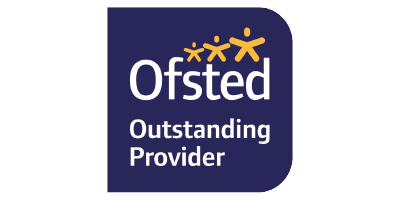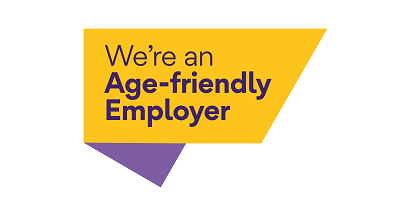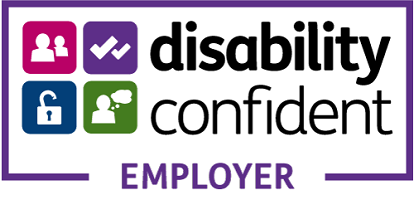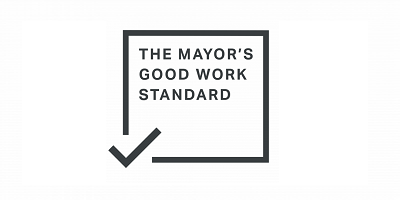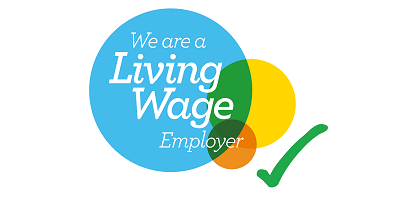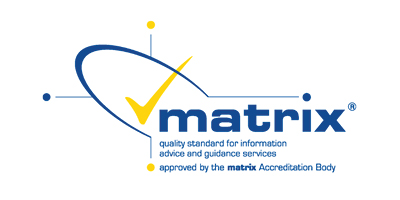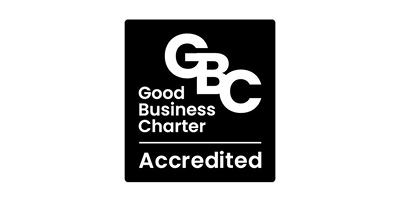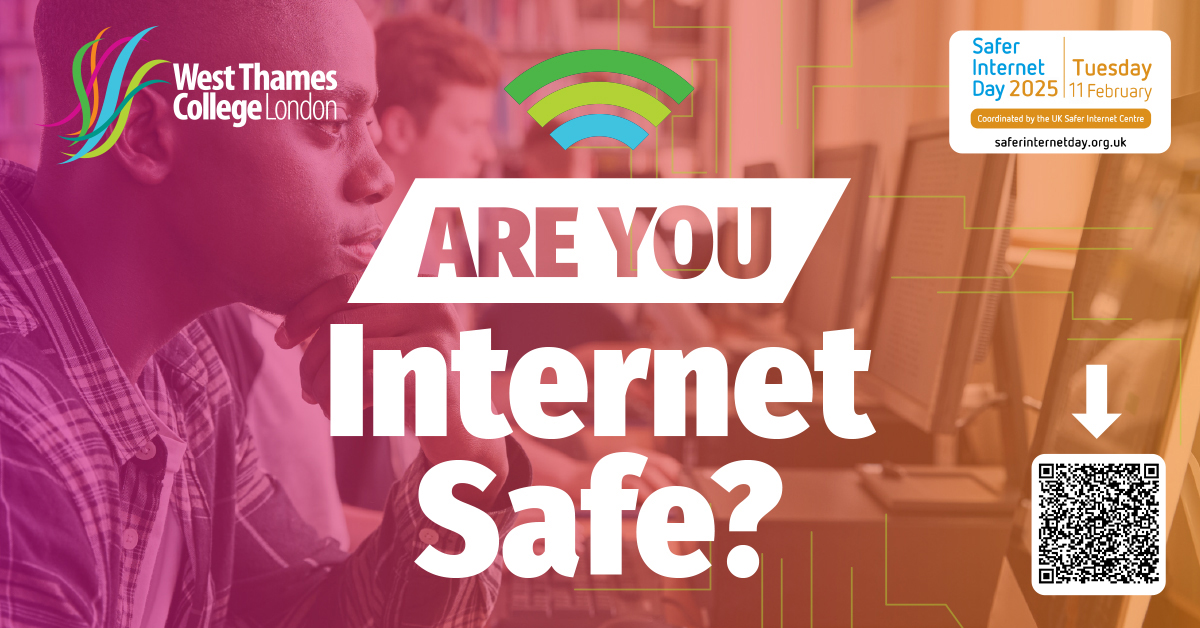
Are You Internet Safe?
The internet is an essential part of college life, but are you sure you're using it safely? Cyber threats, scams, and data breaches are increasing, making it vital for students and staff to take precautions. Simple steps like using strong passwords, enabling two-factor authentication (2FA), and being cautious with public Wi-Fi can make a huge difference. Internet safety isn’t just about protecting your data—it’s about safeguarding your future. Here’s how you can stay secure:
Protecting Personal Information Online
Think carefully before sharing personal details, including your full name, address, or college information. Adjust your privacy settings on social media to control who can see your posts, and avoid oversharing. Scammers and cybercriminals often use publicly available information to impersonate individuals or commit fraud.
👉 Find out more from the National Cyber Security Centre (NCSC)
Being Aware of Cyberbullying
If you experience or witness cyberbullying, it’s important to report it. Colleges have policies in place to support students facing online harassment. Save evidence, block the perpetrator, and report the behaviour to your institution or relevant online platform. You’re not alone—support is available.
👉 Get help from Childline
Understanding the Impact of Online Actions
Everything you post online contributes to your digital footprint. Your online presence may be monitored, so think before you post. If you encounter distressing content or need support, reach out to a trusted adult or student support services at your college.
👉 Learn more at Internet Matters
Practising Responsible Online Behaviour
Be a positive digital citizen by treating others with respect and thinking critically about the content you share. Misinformation spreads quickly, so fact-check sources before sharing news or information online.
👉 Read about responsible online behaviour at UK Safer Internet Centre
Using Strong Passwords with Multi-Factor Authentication (MFA)
Use unique, complex passwords for each account and enable MFA for an extra layer of security. Consider using a password manager to keep track of login details safely.
👉 Set up strong passwords with NCSC guidance
Being Aware of Your Surroundings
Be cautious when entering passwords or unlocking devices in public spaces like trains and buses. Shield your screen and avoid logging into sensitive accounts when using unsecured networks.
👉 Learn more from Get Safe Online
By following these simple steps, you can protect yourself and contribute to a safer online environment for everyone. Stay vigilant, stay informed, and stay safe!

